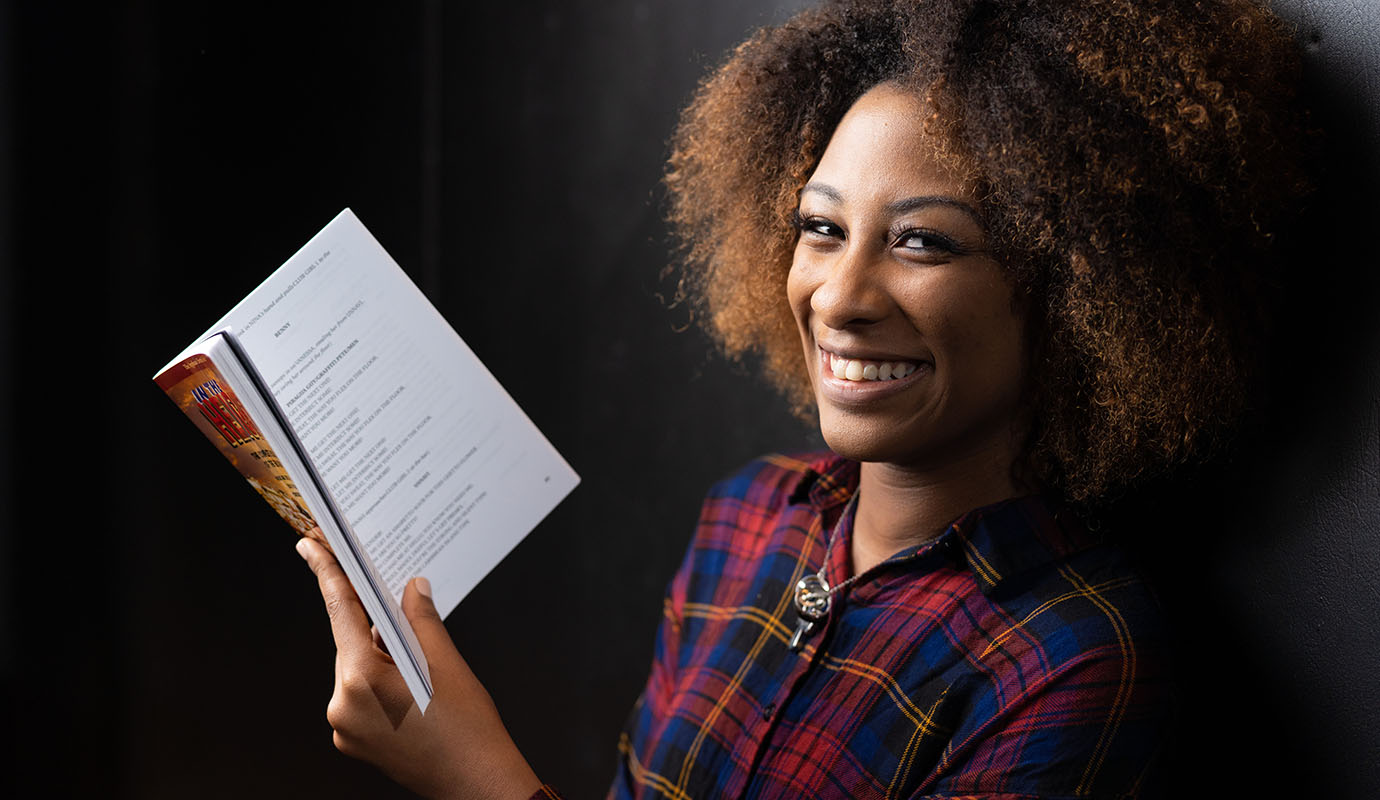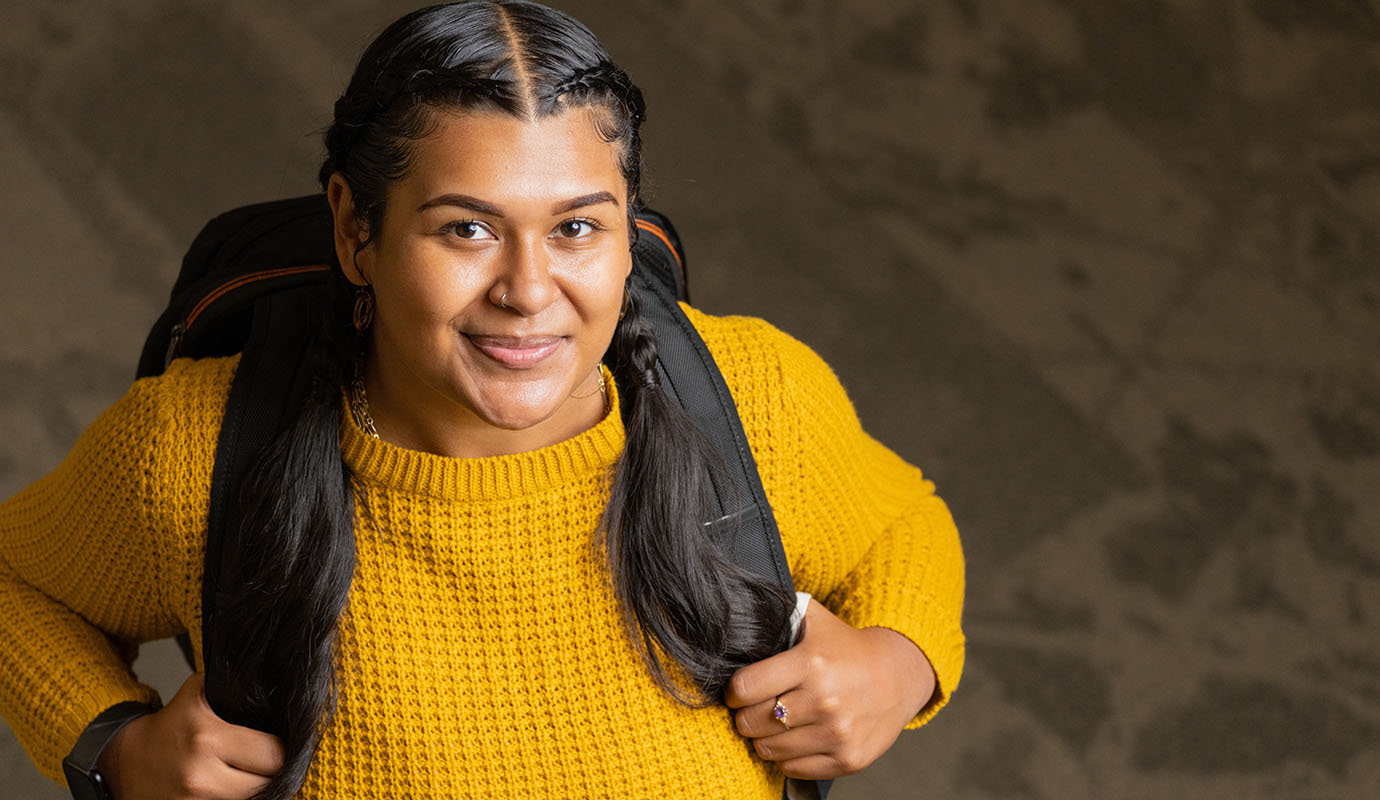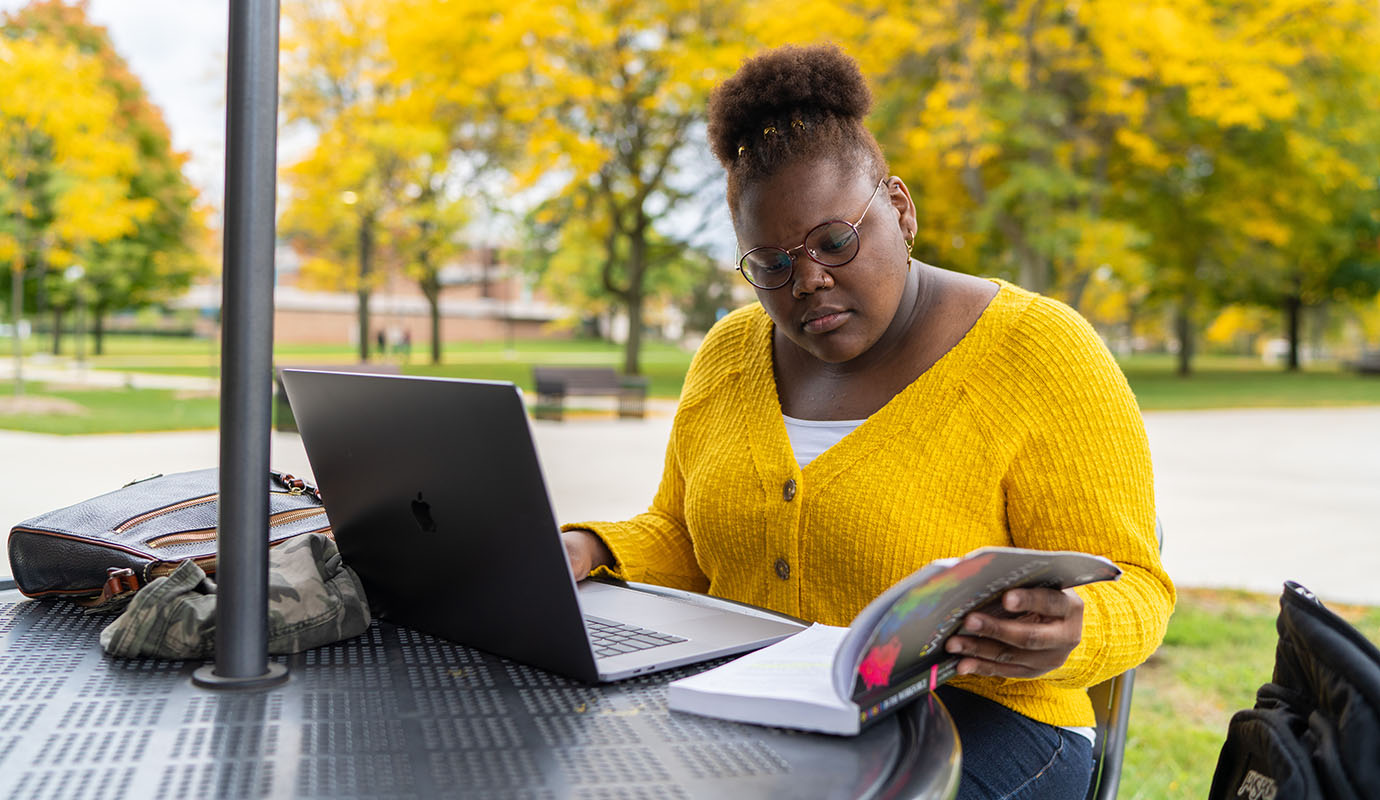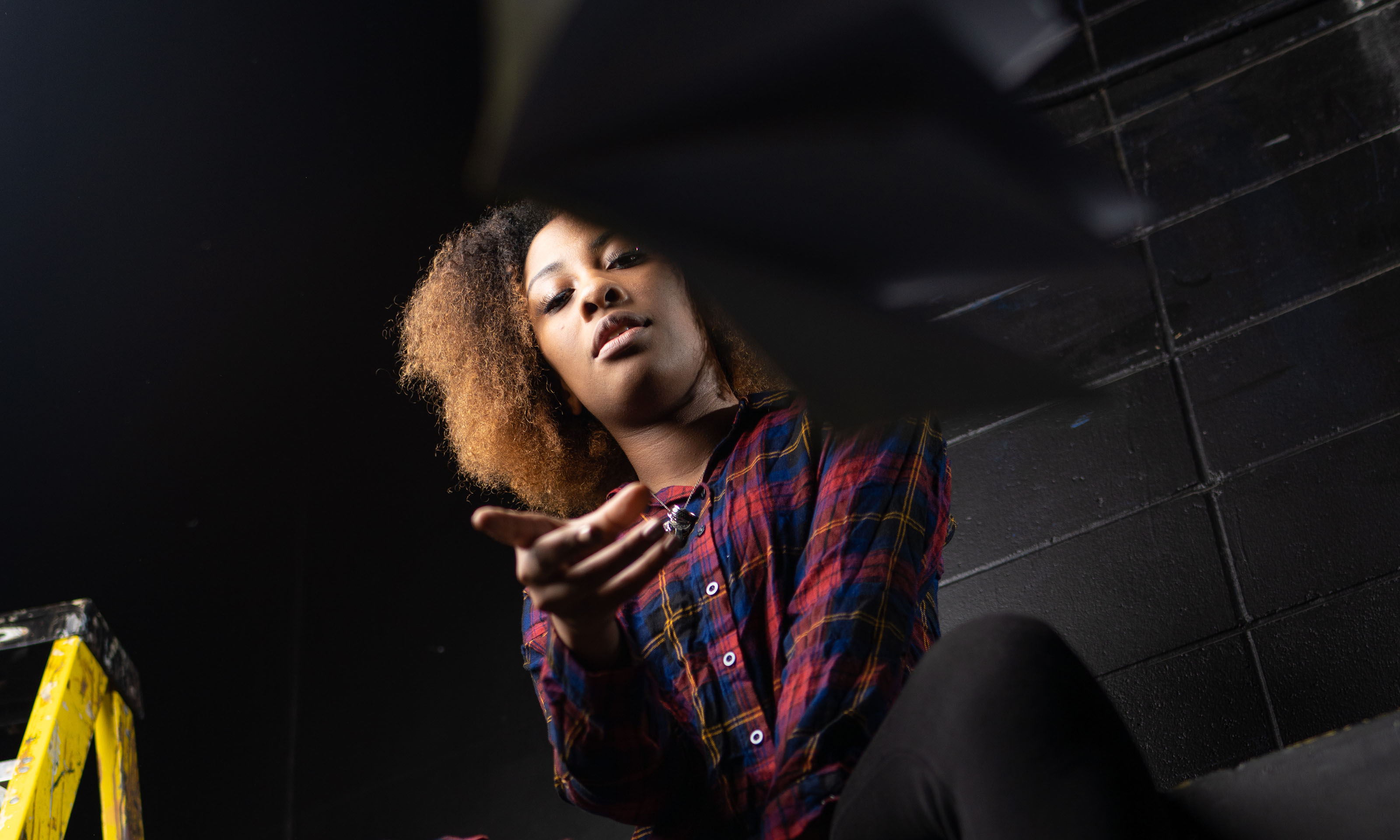Racism is real. During this challenging time in our world, it is vital to set aside biases, acknowledge privilege, and simply listen to those who feel the weight of oppression in order to create change.
“I want my voice to be heard. I want to contribute to the change I want to see,” says Ja’Laaiyah Gordon, marketing major with a minor in dance. Gordon uses her voice alongside her peers in the university’s Center for Multicultural Initiatives (CMI) as an advocate for equality and speaking out against systemic racism. These students are devoted to helping future generations focus on their academic and future goals while also contributing to social change.
“I want my voice to be heard. I want to contribute to the change I want to see.”
Ja’Laaiyah Gordon

Robert Hall
“The issue does not start on the surface level. The issue is deep rooted,” explains Mariama Toure, industrial and systems engineering major and an ambassador for CMI’s CORE (Collectively Oakland Retains Everyone) program.
“It’s institutionalized racism,” adds Jai Carrero, acting major in OU’s bachelor of fine arts program. “At the end of the day, that’s what [the issue] is and no one is talking about it because it’s so embedded into the system. But we experience it.”
Upon arriving at Oakland, Carrero felt the need for better representation of black students, and founded Kaleidoscope — an organization that gives underrepresented students a platform to showcase their artistic work — as well as the Oakland University Black Lives Matter student organization. “If you want to see the change, be the change,” says Carrero. “It doesn’t have to be big. That very small thing could change someone’s life drastically. It’ll be something that they will remember when they go through a similar struggle.”
 |
| Jai Carrero |
Greater representation of underrepresented groups is just one way to impact change. Another way for institutions to help reduce barriers is to be more flexible with their expectations of incoming students.
“Professors have this tendency of acting like we all come from the same background,” Toure says. “[Students] don’t come from the same experiences. I want professors to acknowledge this on the first day of classes.”
 |
|---|
| Mariama Toure |
“Being a student of color, there is also a pressure to really represent your entire race,” Gordon says. “You have to be successful, because there’s not a lot of you in this field.” In high school, Gordon, like many other students, felt that grades defined her success. But upon entering college, her priorities shifted, as did her role as a student.
 |
| Ja’Laaiyah Gordon |
“I used to be a tutor in high school and then I became the one that needed tutoring,” she says. “You have to be able to let go of that pride. I can now feel successful in what I’ve done as long as I am giving it my all.”
“Reaching your goals is a lot more challenging [as a student of color] because you have to work harder for the same thing as the person next to you who doesn’t look like you,” says Jennifer Medrano Delacruz, psychology major and peer mentor with CMI. “It’s very real to be the only person of color in class and that to be normal.”
 |
| Jennifer Medrano Delacruz |
“When you think about an average black student: nine times out of 10 they come from predominantly black institutions,” Carrero explains. “But then, they get into college and into their program and they’re not seeing their people, they’re not hearing anything about their people in this field. But they’re expected to apply themselves even harder to get over those barriers.”
“We know how discouraging it feels sometimes and how overwhelming [college] can be,” says Dana Cogshell, human resources development major and fellow peer mentor with CMI. “To be successful means to help someone through the transition that is college and what it’s like to be a minority student in that setting.“
 |
|---|
| Dana Cogshell |
Cogshell, Carrero, Delacruz, Gordon and Toure find that the best way to overcome these and similar challenges is by getting involved on campus, helping others and finding like-minded students that encourage one another.
“I have learned that you will always find your crowd — people like you — once you make a conscious decision to be a part of the community,” says Toure. “I love being in a space where I am consistently growing intellectually, mentally, emotionally, physically and financially.”
“What matters most is helping one person who needs guidance and then helping them to impact others,” Cogshell explains. “It’s really about creating a legacy and creating a change for an environment where other students can enter and hopefully not struggle as much.”
Find your voice. Learn more at the Center for Multicultural Initiatives.


 November 23, 2020
November 23, 2020 By Kelli M. Warshefski
By Kelli M. Warshefski

